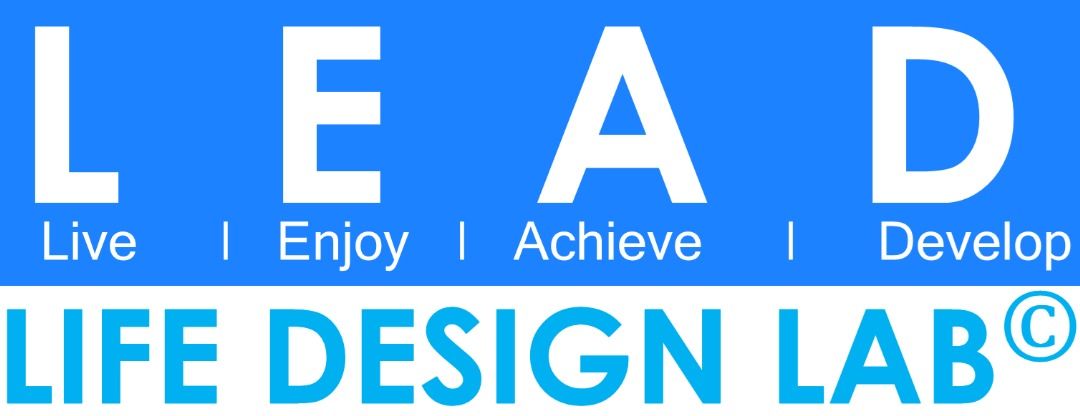
Purpose:
These workshops aim to instill a growth mindset in students, helping them to embrace challenges, persist in the face of setbacks, and see effort as a path to mastery.

Activities:
Introduction to Growth Mindset: Begin with an overview of the growth mindset theory, contrasting it with a fixed mindset. Discuss the impact of mindset on learning and personal development.
Interactive Discussions: Engage students in discussions about their experiences with fixed and growth mindsets. Share stories of famous individuals who overcame obstacles through perseverance and effort.
Mindset Reflection Exercises: Conduct exercises that encourage students to reflect on their current mindset. Use questions like “When was the last time you felt challenged?” or “How do you react to failure?”
Skill-Building Activities: Include activities that require effort and persistence, such as problem-solving tasks or learning a new skill. Reflect on the process and the role of mindset in overcoming difficulties.
Goal-Setting Workshops: Teach students how to set SMART (Specific, Measurable, Achievable, Relevant, Time-bound) goals. Encourage them to set both short-term and long-term goals that require effort and edication.
Role-Playing Scenarios: Use role-playing to simulate challenging situations where students must apply a growth mindset. For example, role-play a scenario where a student must deal with academic failure or rejection.
Feedback and Reflection: Provide opportunities for students to give and receive constructive feedback. Reflect on how feedback helps in learning and improvement.
Action Plans: Have students create action plans to implement growth mindset principles in their daily lives. Encourage them to identify specific areas where they want to apply a growth mindset.

Benefits:
Encourages resilience and perseverance.
Promotes a positive attitude towards learning and personal growth.
Helps students develop strategies to overcome challenges and setbacks.
Fosters a culture of continuous improvement and lifelong learning.
Empowers students to take control of their own learning and development.

